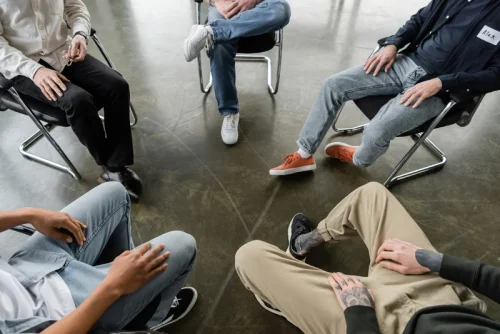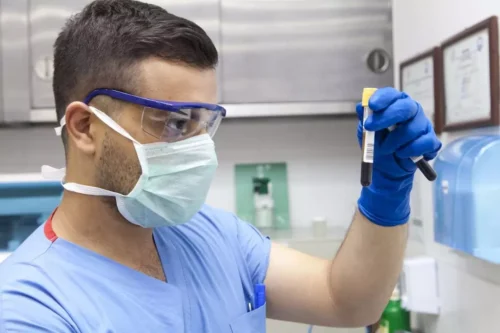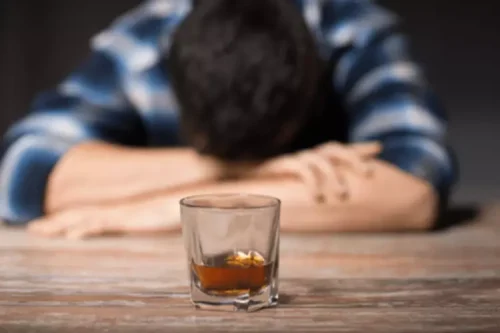
Group therapy is a form of psychotherapy where a trained therapist facilitates a therapeutic session involving a small group of individuals who share similar emotional or psychological concerns. These group sessions provide a supportive and confidential environment for participants to discuss their challenges, express their feelings, and gain insights into their own experiences and behaviors. Group therapy can focus on various issues, such as anxiety, depression, addiction, grief, or interpersonal difficulties. In particular, the training will focus on strategies for supporting older adults with concerns about falls related to outdoor mobility.

How does Two Dreams use group therapy in addiction treatment?
Being a part of a group can help establish a source of accountability for group members. Group sessions provide them with a set time within their routine to focus on their recovery. There are many benefits that can occur within a group setting which includes reducing isolation. Active addiction can cause clients to distance themselves from their loved ones and friends which can make recovery feel lonely. Group therapy can give them a chance to feel connected to others, and witness others in their own recovery. The movements and postures promote restorative breathing, gentle stretching, strength, and flexibility development.
Discover Therapy Worksheets to Help Your Clients
They also work to develop their communication skills and learn to engage in fun, healthy social experiences. The group dynamic encourages honest feedback and facilitates bonding between individuals with shared experiences. Clients weigh in on the issues of others in order to offer suggestions or provide outside perspectives, broadening the individual’s understanding of the conflict. CBT activities are solution-focused exercises and techniques that aim to improve mental health and substance abuse treatment outcomes in a fun and engaging way. If you or a loved one is interested in group activities for adults in recovery, we can help guide you! Our highly-trained therapeutic and clinical experts at Oasis Recovery offer a safe and comfortable space for clients to undergo addiction treatment.

The Empty Chair Technique: How It Can Help Your Clients
During your time at drug and alcohol rehab, as part of an effective treatment plan, you will be expected to take part in group therapy. Sober Apartment Living is a growing portfolio of sober apartments dedicated to providing individuals a supportive community to maintain and thrive in their recovery. Participating in group volunteering activities allows individuals in recovery to contribute to their community while fostering a sense of purpose and connection with others in a meaningful way. Once their original paper is returned to them, they can read and share with the group.
Frequently Asked Questions
They tend to have more structure than process groups and focus on a single topic. Two Dreams prefers to hold process groups in order to enhance the holistic treatment experience and to help clients equip themselves with the tools needed for their own recovery. group therapy activities for adults in recovery Groups are lead by a trained group leader who prompts discussion and encourages everyone to participate. Other than gently guiding conversation, the group leader is responsible for picking up on client issues that reoccur in group therapy and in daily life.
Download 3 Free Positive Psychology Exercises (PDF)
The key here is to ensure that the participants feel at ease and are encouraged through their energetic involvement in various activities. Teachers’ interventions should define the goals and procedures of each exercise, promote participation, and support the sharing of ideas within the group. For that reason, another way of making sessions energetic is to include as many activities as possible that may suit the participants’ interests and preferences. Through the group dynamic, clients foster hope and examine core issues that exacerbate their addictive disorders.
Thought replacement or cognitive restructuring is one of the fundamentals of CBT. You can encourage the clients to create a worksheet with negative thoughts to change the negative perspective. Addiction treatment is challenging but a very transformative experience. Whether you are a recovering addict or a therapist looking to step up the group therapy experience, we have got you covered with well-researched, goal-oriented, and engaging activities for group therapy.


These activities help to unite group members and encourage them to work on themselves outside of the session before the next meeting. Have group members visualize what their lives would look like if they could let go of what was holding them back or what they were holding onto. After doing the visualization individually, have group members share about the experience. This effective communication worksheet teaches clients about effective communication techniques. Have clients each bring in an item, object, or picture that represents a fond memory of the individual they are grieving.
- Participants can also share different coping skills that have worked for them, as well as what hasn’t worked.
- Several studies have shown that group therapy is a more cost-effective option than individual therapy, making it accessible to a wider range of clients.
- Ask group members to introduce themselves by sharing three weird, funny, or interesting things about themselves as an “ice breaker” for one of your addiction recovery support group activities, .
- In addition, they help new members view the group as an open, supportive environment.
- The group leader then reads each fear, allowing members to identify shared fears and feel less alone.
What is a CBT Skills Group?
Experiential therapy uses expressive techniques and activities to help adults re-experience and process situations from the past. As adults participate in the activities, they begin to identify and experience emotions linked with past experiences that may be negatively impacting them in the present day. As repressed emotions are released, individuals can experience positive feelings in the present.